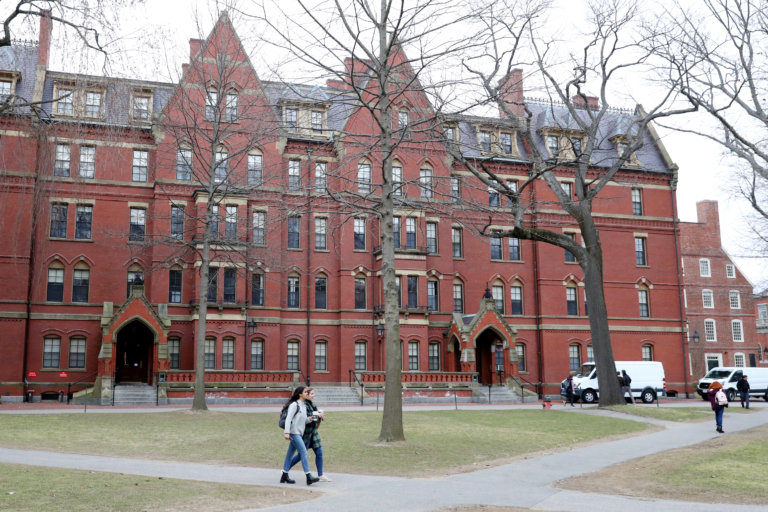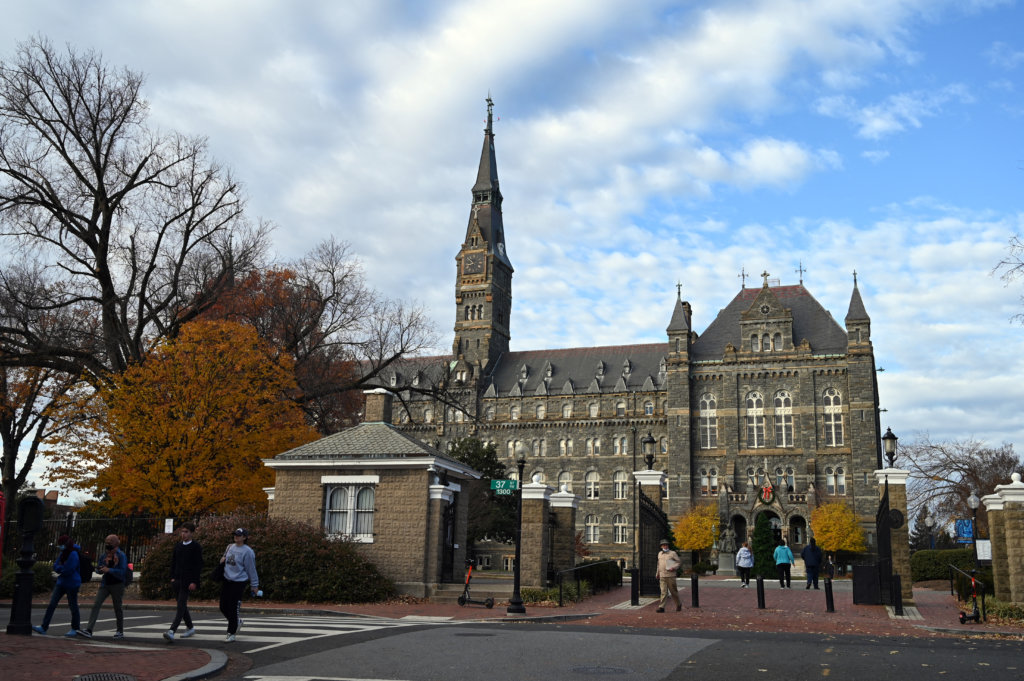
Are you an aspiring international student who lacks the financial resources to make your study abroad dream come true? Have comfort in knowing that many forms of financial assistance are available, including need-based aid.
Need-based aid is a type of financial aid that students can receive if they can establish concrete proof that they require financial assistance for their education. They include grants and scholarships, and may or may not need to be repaid.
If you’re planning on studying in the US, here’s what you should know about need-based aid:

International students in the US can qualify for financial assistance; this includes need-based aid. Source: Daniel Slim/AFP
Financial assistance: What international students should know
Unlike domestic students, international students in the US are not entitled to federal student aid or the Federal Work-Study programme.
Some US universities do offer need-based aid, including Ivy Leagues.
For instance, at Columbia University, the admissions committee considers how much financial aid a student requires when evaluating an application. This goes in line with their goal of meeting 100% of the demonstrated need of all admitted first-year students, regardless of citizenship.
Yale University awards all financial aid on the basis of financial need. Students who qualify for financial aid receive a need-based Yale Scholarship that can vary from a few thousand dollars to over US$65,000 per year, notes its website. This award is given regardless of citizenship or immigration status.
Harvard notes: “We base aid awards on need, not on merit. This means that financial aid supports the students who will benefit from it the most. Furthermore, we meet 100% of our students’ demonstrated financial need.”
According to NAFSA, some academic departments within a university may allocate funds to assist international students with exceptional need and/or talent.
Students are advised to speak with their university or major department directly about such funding opportunities, along with the requirements.
Do I have to repay the financial aid received?
Grants and need-based scholarships don’t typically require repayment.
How do I qualify for need-based financial aid?
Each university will likely have its own set of requirements, but students should be prepared to provide proof of financial documents to show their family’s financial situation.
Harvard, for instance, notes that its financial aid officers will work closely with students and their families to determine their demonstrated need and their family’s expected contribution.
“For many families, this is between zero and 10% of family income,” said the university.
Yale has a table of the median financial aid awards for families of first-year students in the Class of 2023 who applied for aid.
If applying for need-based aid, keep your eyes peeled for deadlines and contact the financial aid offices for information.
What happens if I don’t qualify for need-based aid?
All hope is not lost. If you don’t qualify for need-based aid, you can always try other forms of financial assistance, from student loans to merit-based scholarships.
There are also colleges and universities in the US where you can study for free — or near enough.










